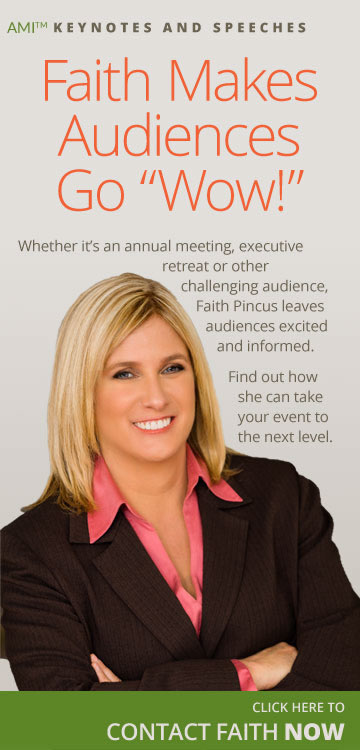Rhetoric is Good for Public Speaking. Really!
Here’s my soapbox… Rhetoric is good. In the traditional sense that is.
Unfortunately the press has abused the word for far too long and now everyone thinks “rhetoric” = “baloney” (that’s the p.g. version).
In reality, “rhetoric” is the art of persuasion. That’s all. And rhetorical techniques are some of the most effective tools you can use to improve your presentation.
I’ll say it again, rhetorical tools are some of the most effective tools you can use to improve your presentation.
And the good news is, you just have to use your brain to create them. Compared to learning how to speak slower, or get rid of a monotone or mumbling, using rhetorical tools are easy! I’ve been teaching and using rhetorical tools for more than 20 years. And the techniques have been around since Aristotle.
Scared of rhetoric?
Don’t be. You may even already use some rhetorical tools. For example, repetition is a rhetorical tool. Think “I have a dream.” What you might not know is that there are multiple types of repetition you can use to enhance your speech.
Another form is anthesis. Think “Ask not what your country can do for you, but…what you can do for your country.”
Bonus points for the first comments identifying the authors of both those quotes. OK, that’s pretty easy, I admit it.
But think to yourself… why do you know who said those quotes when they were both said nearly a half a century ago? Because rhetorical techniques are some of the most effective tools you can use to improve your presentation. (yes, I’m using repetition here even though it’s not a speech).
A lot of other bright people have already summarized and provided examples of the use of good rhetorical techniques, so instead of doing that here, I’m going to point towards two of them:
- Recently Nancy Duarte, of Slideology, posted a set of technique definitions and examples from Steve Jobs.
And….
- If you want to listen to some fantastic (and not so fantastic) audio examples of these techniques in use, go to the American Rhetoric web page. It’s my absolute favorite and I highly recommend it!
Don’t be intimidated by the fancy Greek names for the rhetorical tools; you don’t even need to know the names. Just start thinking about how to incorporate the various tools into your presentations.
That’s it. Go forth and spout rhetorical tools.


Answer- Martin Luther King Jr. & JFK
🙂 Hi Jason… you are correct of course. Thanks for taking the time to read the blog and comment!